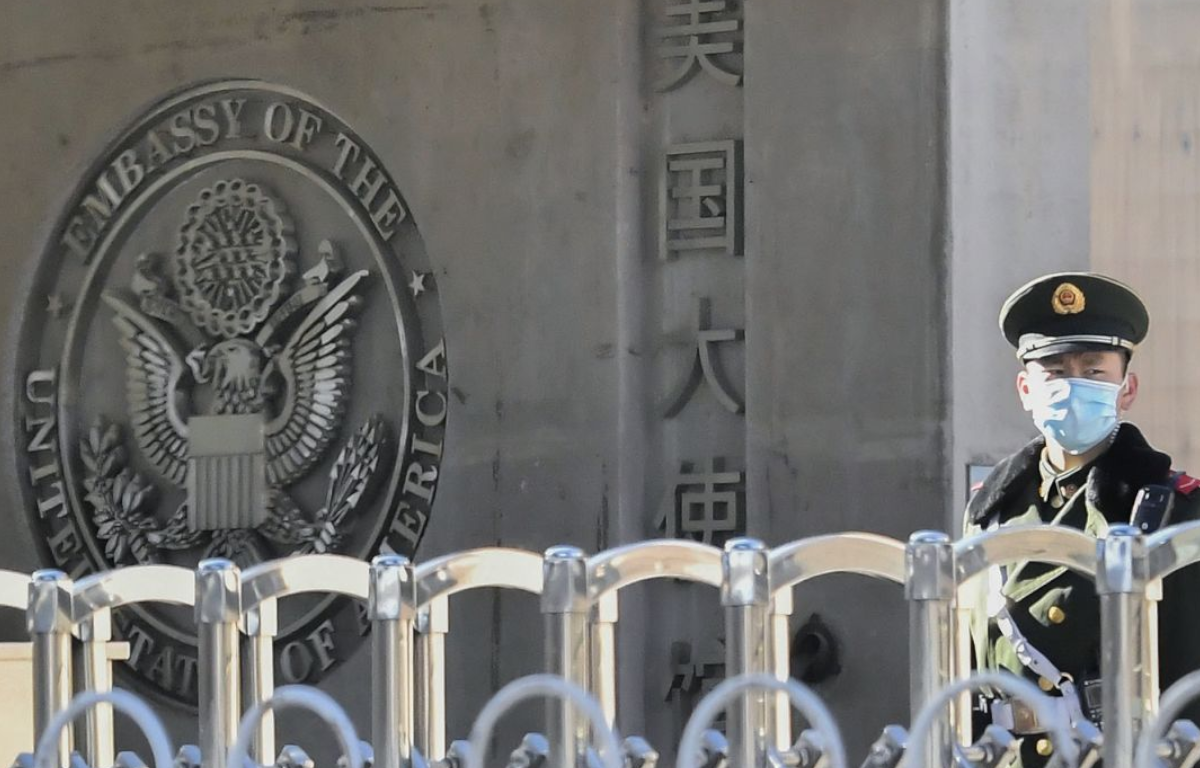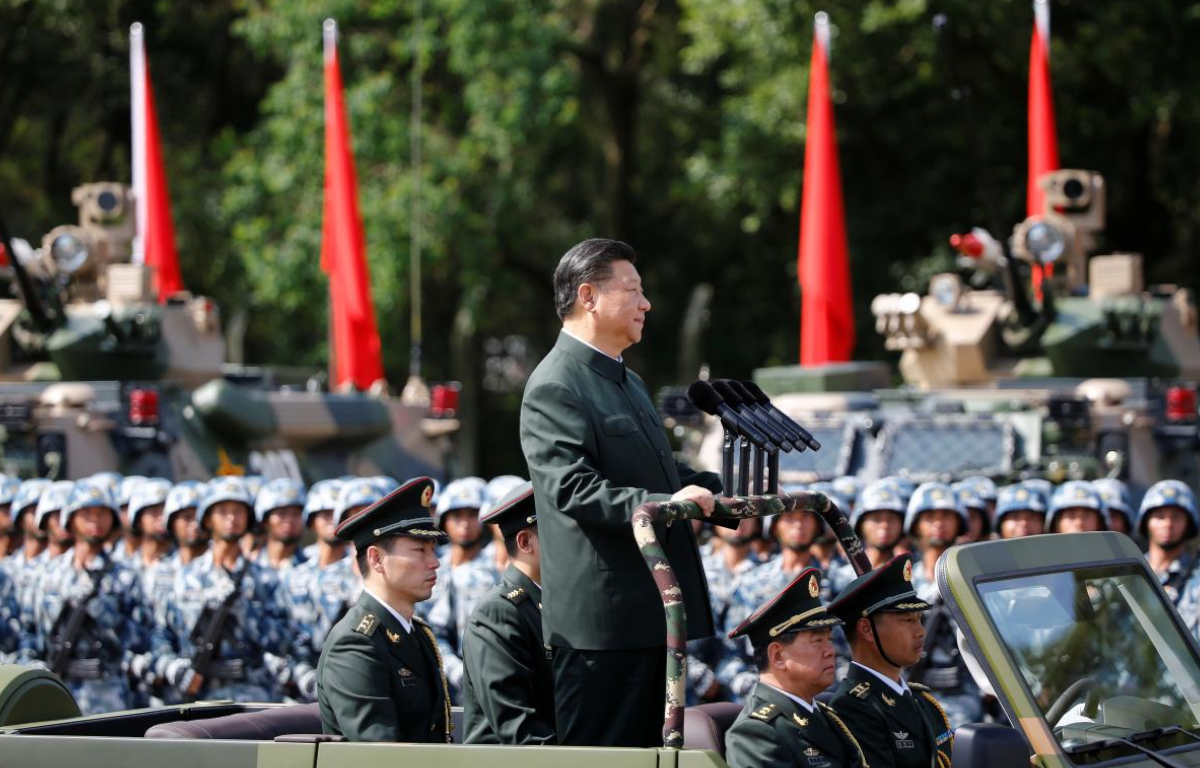
This strategic vision encompasses economic, technological, military, and geopolitical dimensions, reflecting China’s aspirations for global leadership and influence in the 21st century.
Central to Xi Jinping’s strategy is China’s continued economic growth and development. The country has emerged as a global economic powerhouse, with a focus on innovation, infrastructure development, and technological advancement. China’s “Made in China 2025” initiative, aimed at upgrading its manufacturing capabilities and promoting high-tech industries, is a key component of this strategy.
Xi Jinping’s plan also prioritizes technological innovation and digital transformation. China has made significant strides in areas such as artificial intelligence, 5G technology, quantum computing, and renewable energy. The country’s investments in research and development, coupled with initiatives like the Digital Silk Road, reflect its ambition to lead in emerging technologies and shape the future of global innovation.
China’s military modernization efforts are another crucial aspect of Xi Jinping’s strategy. The country has significantly expanded its defense budget, developed advanced weapon systems, and enhanced its naval capabilities. China’s assertiveness in the South China Sea and its growing presence in strategic regions like the Indo-Pacific underscore its military ambitions and geopolitical objectives.
On the geopolitical front, China has been proactive in promoting its interests and expanding its influence globally. The Belt and Road Initiative (BRI), a massive infrastructure and economic development project, aims to connect Asia, Africa, and Europe through a network of transportation and trade routes. This initiative enhances China’s economic ties with partner countries and enhances its geopolitical leverage.
Xi Jinping’s strategy to overtake America is not without challenges and criticisms. China faces scrutiny over issues such as human rights abuses, intellectual property theft, trade imbalances, and geopolitical assertiveness. The country’s growing influence has also raised concerns among some countries about its intentions and the implications for global stability.
The international community, particularly the United States and its allies, has responded to China’s rise with a mix of engagement, competition, and strategic rivalry. Efforts to address China’s economic practices, technological advancements, military assertiveness, and geopolitical ambitions have shaped global geopolitics and international relations in recent years.
The trajectory of China’s efforts to overtake America and become the world’s leading superpower will depend on various factors, including domestic economic stability, technological innovation, geopolitical developments, and international dynamics. The competition between China and the United States for global influence and leadership is likely to shape the 21st-century geopolitical landscape and define the future of international relations.










Share this: